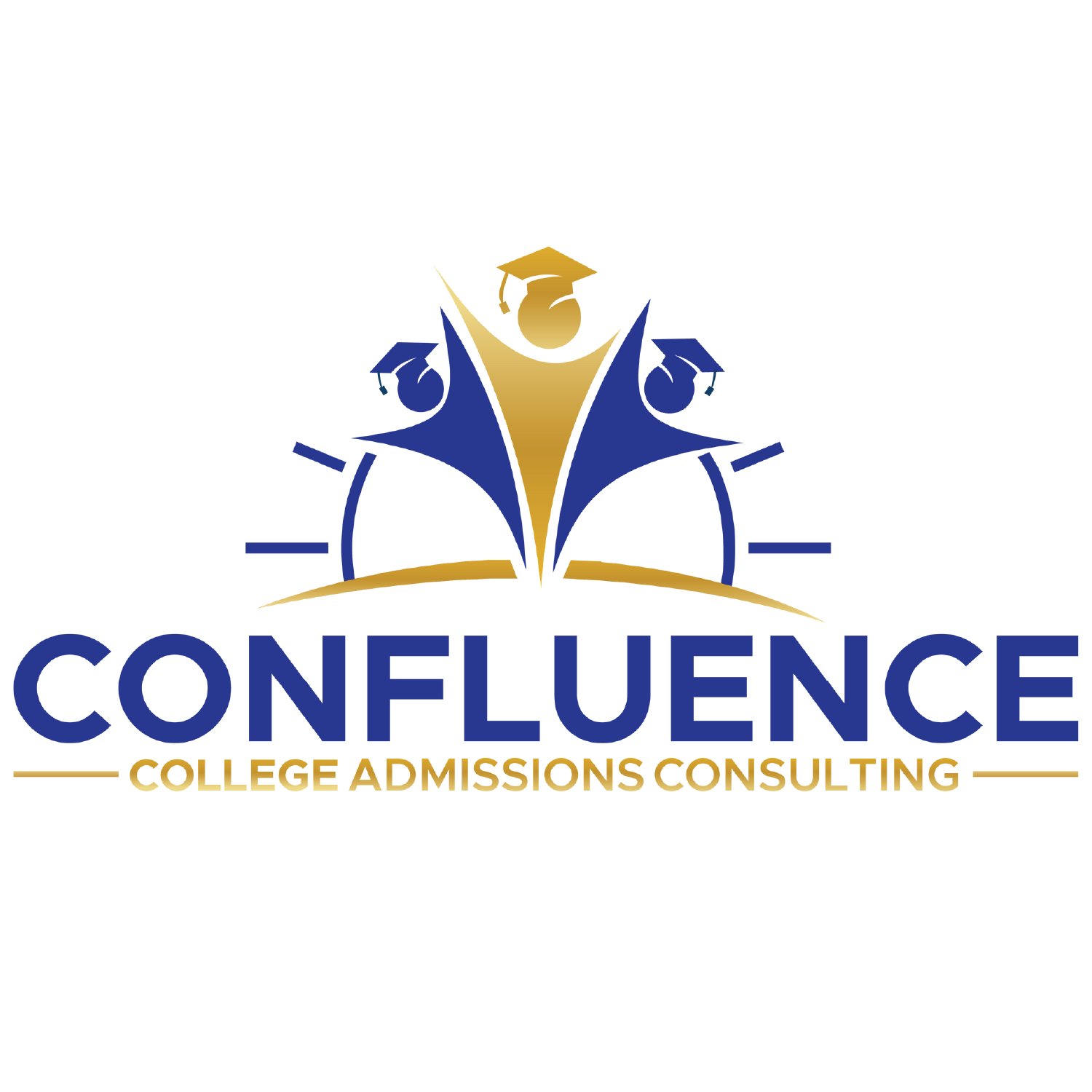A “price-fixing cartel”?
When I advise top students who have significant financial need, two factors I encourage students to consider are (1) whether or not the college they're applying to are "need blind," and (2) the extent to which they can expect the college to meet their financial need. Some colleges promise both—that their admissions process is need blind and that they'll meet 100% of demonstrated need. If a student identifies such a college as their first choice, under the right circumstances I'll advise the student to apply early decision, under the rationale that ED may boost their chances of admission, and give them a leg up financially.
It was disappointing, then, to learn this week that a number of elite schools have settled a lawsuit accusing them of engaging in a "price-fixing cartel that is designed to reduce or eliminate financial aid as a locus of competition"—meaning that schools advertising need-based admissions and/or generous need-based financial aid weren't following through on their promise to students. Colleges agreeing to pay millions of dollars in fines include Emory, Yale, Brown, Columbia, Duke, CalTech, Johns Hopkins, UChicago, Dartmouth, Cornell, Georgetown, MIT, Northwestern, Notre Dame, UPenn, Rice, and Vanderbilt.
I'm not naming these colleges to try to tarnish their reputations. These are all highly regarded schools, they all deny any wrongdoing, and I have many close friends and former clients who are alums. That said, I track this information when advising future clients, and I believe people should be informed about which colleges really do offer need-blind admissions and which ones have practices that have been questioned.
If you're looking for schools that offer generous need-based aid packages, here's a list of prestigious schools that rate highly both from my personal experience and according to the available data: Stanford, Williams, Bowdoin, Colby, Bates, Middlebury, Amherst, Washington and Lee, Pitzer, Dickinson, Harvard, Pomona, Washington University, Wesleyan, Wellesley, and UNC Chapel Hill.
If you'd like to learn more about the complex world of college financial aid, use the contact form on my website to schedule a free consultation.
